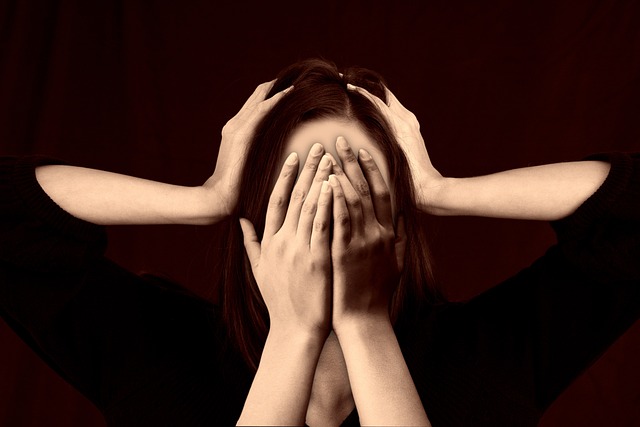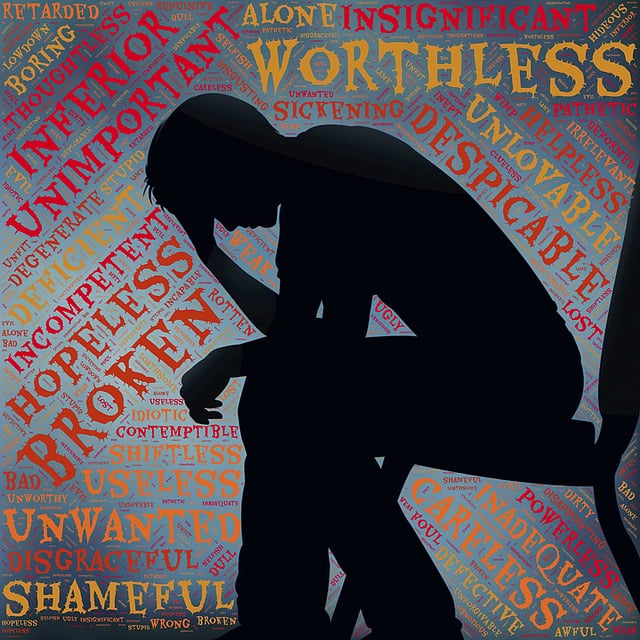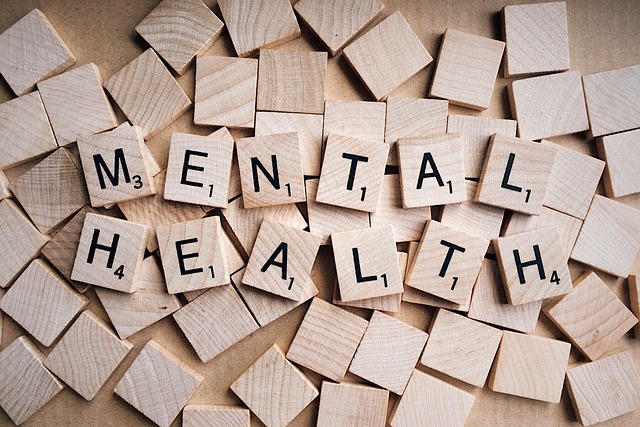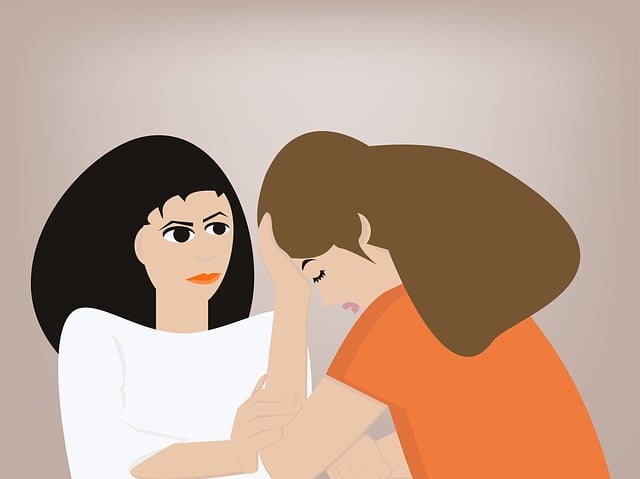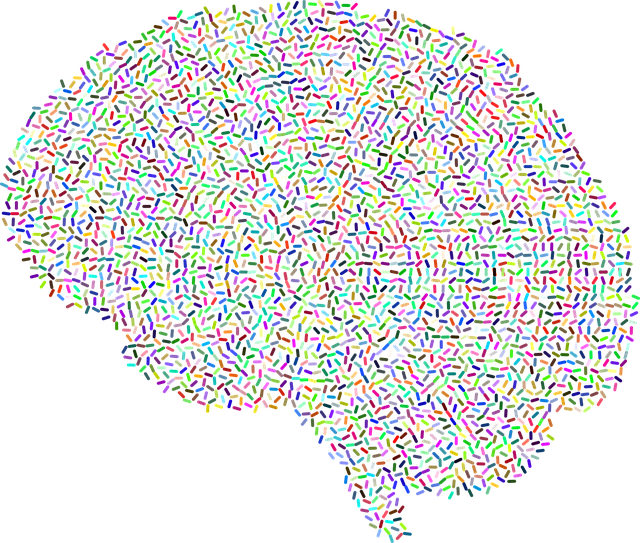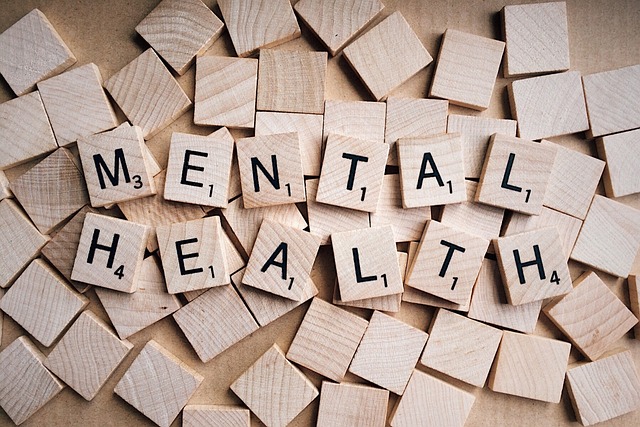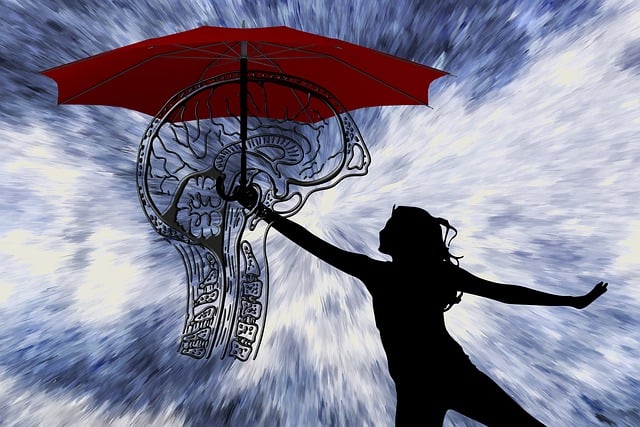The media's portrayal of mental health significantly shapes public understanding and attitudes. Accurate and empathetic media representation reduces stigma, encourages help-seeking behaviors, and fosters emotional well-being promotion techniques. Conversely, stereotypes can marginalize vulnerable communities and hinder mental health education programs. Holding media accountable for its influence is crucial for developing effective mental wellness coaching initiatives. Lone Tree Gender Identity Therapy, a pioneering service offering specialized support for gender identity exploration, demonstrates the power of inclusive spaces in promoting emotional well-being. To create more accurate narratives, media creators should collaborate with mental health experts and incorporate diverse narratives, breaking down stigma around mental health challenges.
In today’s media-driven world, accurate representation of mental illness is crucial for shaping public perception and fostering understanding. This article explores the profound impact of media on mental health narratives and presents a solution through the lens of Lone Tree Gender Identity Therapy—a pioneering approach. We delve into strategies to enhance diverse and accurate portrayals, offering insights that can revolutionize media’s role in challenging stigma and promoting mental wellness.
- Understanding the Impact of Media Representation on Mental Health Perception
- Lone Tree Gender Identity Therapy: A Model for Positive Change
- Strategies to Enhance Diverse and Accurate Mental Illness Portrayals in Media
Understanding the Impact of Media Representation on Mental Health Perception

The media plays a significant role in shaping public perceptions about mental health, often influencing how individuals understand and respond to various psychological conditions. Accurate and empathetic representation can foster emotional well-being promotion techniques by reducing stigma and encouraging help-seeking behaviors. Conversely, stereotypes and misrepresentations can hinder progress in mental health education programs design, leading to further marginalization of already vulnerable communities.
For instance, the portrayal of individuals with gender identity issues, such as those seeking Lone Tree Gender Identity Therapy, is crucial. Sensitivity in media can contribute to the development of effective mental wellness coaching programs, ensuring that diverse voices are represented and misperceptions are challenged. By holding media accountable for its influence, we can work towards a more informed society that prioritizes mental health education and supports initiatives aimed at improving overall mental wellness.
Lone Tree Gender Identity Therapy: A Model for Positive Change

Lone Tree Gender Identity Therapy stands as a beacon of hope and a model for positive change in mental health representation. This innovative approach recognizes the unique challenges faced by individuals navigating their gender identity, offering specialized support that goes beyond traditional therapy models. By creating a safe and inclusive space, Lone Tree provides a haven where clients can explore their identities, challenge societal norms, and develop coping mechanisms tailored to their specific needs.
The program incorporates various therapeutic techniques, including Stress Management Workshops, Mindfulness Meditation, and Conflict Resolution Techniques, empowering participants to manage internal struggles and external pressures. This holistic approach not only addresses the immediate concerns of gender dysphoria but also equips individuals with lifelong skills for emotional well-being. Lone Tree’s success lies in its ability to foster a sense of community, validating the experiences of those who often feel isolated, and paving the way for broader acceptance and understanding of gender diversity.
Strategies to Enhance Diverse and Accurate Mental Illness Portrayals in Media

Media has a significant impact on shaping societal perceptions and understanding of mental health. To foster a more inclusive and accurate representation, creators should embrace diverse narratives that reflect the wide spectrum of experiences within the mental health community. This involves incorporating characters with various mental health diagnoses, ensuring these portrayals are nuanced and avoid stereotypes. Collaboration with mental health experts, including professionals like those offering Lone Tree Gender Identity Therapy, can provide valuable insights into authentic storytelling.
Designing Mental Health Education Programs for media professionals can enhance their knowledge and sensitivity towards different conditions. Additionally, Trauma Support Services and effective Risk Management Planning for Mental Health Professionals are essential tools to ensure safe and responsible content creation. By prioritizing these strategies, the media industry can contribute to breaking down stigma and promoting better understanding of mental health challenges.
Media representation plays a pivotal role in shaping societal perceptions of mental health. By adopting strategies that promote diverse and accurate portrayals, such as the innovative approaches demonstrated by Lone Tree Gender Identity Therapy, we can foster more empathetic and inclusive communities. Encouraging media creators to challenge stereotypes and embrace authenticity is essential for improving mental health support and access for all individuals, regardless of their identity or background. Through conscious efforts, we can navigate towards a more compassionate and understanding society.


